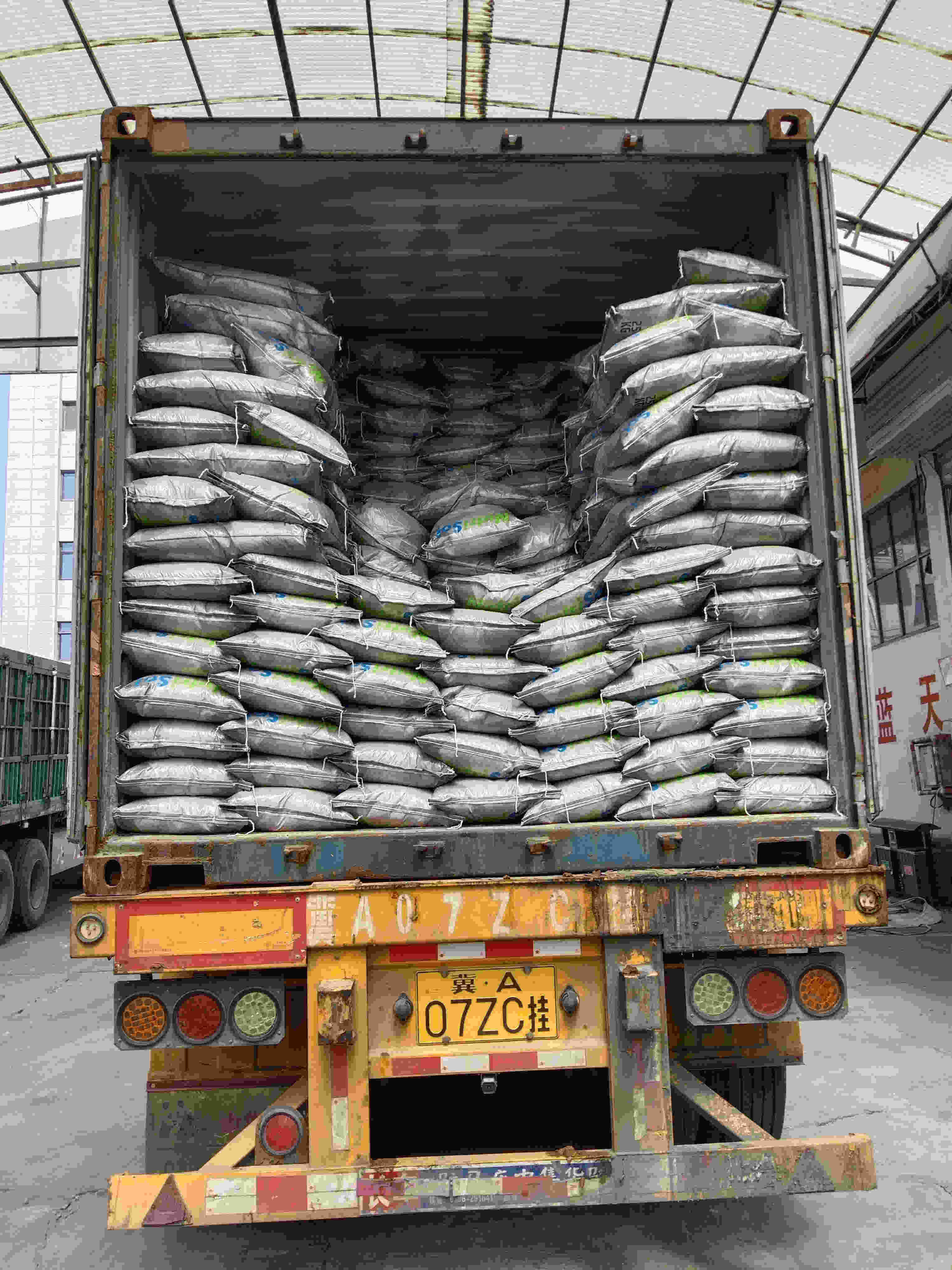
Nov . 30, 2024 03:30 Back to list
Establishing a Sustainable Commercial Organic Fertilizer Production Facility for Eco-Friendly Agriculture
The Rise of Commercial Organic Fertilizer Factories
In recent years, the demand for sustainable agricultural practices has surged, leading to a notable increase in commercial organic fertilizer factories. As consumers become more conscious of the environmental impact of conventional farming, the shift towards organic fertilizers emerges as a vital part of the solution. These factories are not just transforming farming methods; they are revolutionizing the agricultural landscape.
Organic fertilizers are made from natural materials such as plant residues, animal manure, and compost. Unlike synthetic fertilizers, which can deplete soil nutrients and harm beneficial microorganisms, organic fertilizers work to enrich the soil, improving its health and productivity over time. The burgeoning industry of commercial organic fertilizer production plays a critical role in this process.
The establishment of these factories begins with the collection of raw materials. Many factories source organic waste from agricultural sectors, food production, and even municipal waste. This not only provides the raw ingredients for fertilizer production but also helps in waste management and reducing landfill overflow. For instance, composting fruit and vegetable scraps from grocery stores can yield high-quality organic fertilizers that are nutrient-rich and environmentally friendly.
The production process in a commercial organic fertilizer factory typically involves several stages collection, processing, and formulation. After collecting organic materials, they undergo composting or fermentation, a process that allows microorganisms to break down the organic matter into nutrient-rich compost. This stage can take anywhere from several weeks to months, depending on the materials and desired end product. Once the composting process is complete, the fertilizer is then screened, dried, and formulated to meet specific agricultural needs.
commercial organic fertilizer factory

One of the significant advantages of commercial organic fertilizer over chemical alternatives is its ability to enhance soil structure and promote biodiversity. Organic fertilizers improve water retention, thereby benefiting the soil ecosystem. Additionally, they contribute to carbon sequestration, which is essential in combating climate change. By fostering a healthier soil biome, organic fertilizers not only yield better crop results but also lead to the overall sustainability of farming practices.
Moreover, as these factories scale up in operation, they create numerous jobs and stimulate local economies. From farm workers to factory employees, the rise of commercial organic fertilizer businesses brings about employment opportunities in various sectors, thus supporting the community and enhancing local economies.
The market for organic fertilizers has also expanded due to the increasing trends towards organic produce. Consumers are increasingly seeking products free from synthetic chemicals and harmful pesticides, resulting in a growing appetite for organically produced food. This shift in consumer behavior has encouraged farmers to adopt organic practices and, in turn, has spurred the growth of organic fertilizer factories to meet this new demand.
The future for commercial organic fertilizer factories looks bright. Innovations in technology and production methods are likely to enhance the efficiency and efficacy of organic fertilizers. Research into new organic materials and nutrient formulations can lead to even more effective products that provide farmers with viable options to improve crop yields sustainably.
In conclusion, the emergence of commercial organic fertilizer factories marks a pivotal step in the evolution of sustainable agriculture. Not only do they contribute to waste management and environmental sustainability, but they also support the growing consumer shift towards organic farming. As the agricultural landscape continues to adapt to the needs of a changing world, these factories stand at the forefront, promoting a healthier planet and fostering economic growth.
-
Organic 10-10-10 Fertilizer | Balanced Plant Nutrients
NewsJul.31,2025
-
Premium Amino Acid Fertilizer | Rapid Plant Growth Booster
NewsJul.31,2025
-
10 10 10 Fertilizer Organic—Balanced NPK for All Plants
NewsJul.30,2025
-
Premium 10 10 10 Fertilizer Organic for Balanced Plant Growth
NewsJul.29,2025
-
Premium 10 10 10 Fertilizer Organic for Balanced Plant Growth
NewsJul.29,2025
-
Premium 10 10 10 Fertilizer Organic for Balanced Plant Growth
NewsJul.29,2025
